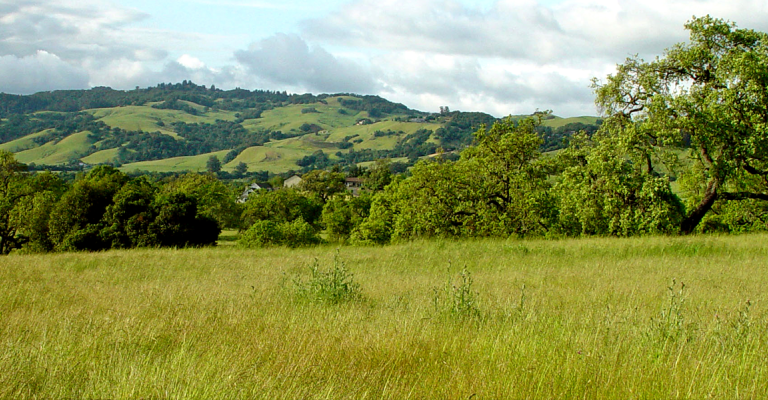Degree Requirements and Opportunities
A minimum of 30 units is required to complete the CHRM MS program. Students must earn a B or better in any course applied to the graduate program. The CHRM MS program can be completed in five semesters. This plan presumes that students are enrolled full-time during coursework and not working more than part-time. Actual time to completion is usually five to eight semesters, with the Culminating Experience proving the most variable. CHRM students’ Culminating Experience can take one of three formats: traditional thesis, journal-ready thesis, or project with explanatory report. All three options are available to students regardless of their concentration.
For more information about the curriculum of the CHRM MS program, refer to the Graduate Handbook and the SSU Catalog.
Required Courses
- ANTH 500 Seminar: Research Design, Professionalism, Ethics: 4 units
- Complete one of the following courses during the first year: 4 units
- HIST 471: California and the West
- HIST 472: California History I
- HIST 500: Historical Methods
- HIST 510: Historiography
- ANTH 502 Theoretical Approaches to Heritage and Identity: 3 units
- ANTH 503 Seminar in Heritage Practice: 3 units
- Supporting Courses: 8 units
- Each of the two concentrations has a unique list of approved supporting course. See CHRM MS Concentrations for more information.
- Internships/Practica: 3 units
- ANTH 594 Culminating Experience Research Design: 1 unit
- ANTH 599A/B Culminating Experience: 4 units
Total units required for the CHRM MS degree: 30
Internships and Practica
As part of the CHRM MS program, students are required to complete 3 units of internship/practicum. Internships and practica are designed to provide students with real-world, hands-on experience relevant to their development of professional competence in cultural heritage and resources management. All internship/practica options are available to students regardless of concentration, although they are encouraged to select topics that complement their supporting courses.
Internships are initiated and completed individually by students. They require faculty approval and a minimum of 45 hours of work per unit per semester. Practica are 2-unit courses that are offered by an academic department, based on student demand and faculty availability.
Many on-campus internships and practica are available at the Anthropological Studies Center. Practica topics include archaeological survey and site recording, CHRM project management, technology in CHRM, oral history, and interpretation. Internships on topics such as collections management, archaeobotany, or zooarchaeology can be conducted at the ASC. CHRM students can also do internships in information management at the Northwest Information Center. Internships also have been completed by past students with a number of federal, state and local agencies, as well as universities and private companies, including those listed below:
- National Park Service: Golden Gate National Recreation Area, Presidio of San Francisco, Yosemite National Park, Point Reyes National Seashore, Mojave National Preserve
- U.S. Army Corps of Engineers
- USDA Forest Service: Inyo National Forest, Plumas National Forest
- Bureau of Land Management: Ukiah Field Office, Bishop Field Office
- California State Parks: Monterey State Historic Park, Off-Highway Motor Vehicle Division, Olompali State Historic Park, Petaluma Adobe State Historic Park, Sugarloaf Ridge State Park, Annadel State Park
- Oregon State Parks
- State of California Office of Historic Preservation
- City of Sonoma
- Sonoma County Regional Parks
- California Academy of Sciences
- Chumash Indian Museum
- Federated Indians of Graton Rancheria
- Glen Ellen Historic Society
- Healdsburg Museum and Historical Society
- Jimmy Doolittle Air and Space Museum
- Mission San Rafael Arcangel Preservation Foundation
- Museum of Ventura County
- Far Western Anthropological Research Group, Inc.
- Pacific Legacy, Inc.
- Archaeological Research Facility, UC Berkeley
- Cabrillo College Archaeological Field School
- UC Santa Cruz Historical Archaeology Laboratory
- Galbreath Wildlands Preserve, Sonoma State University


